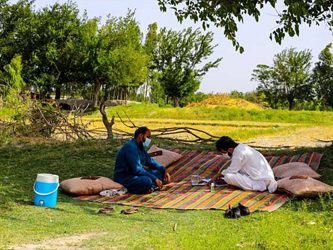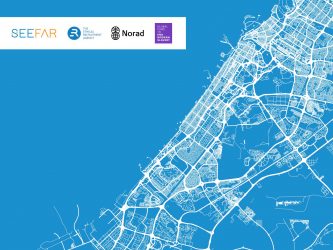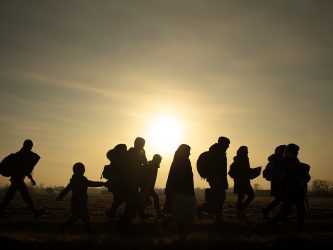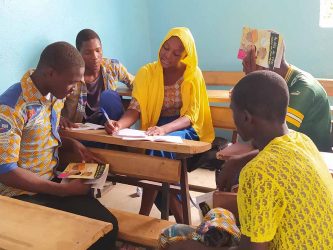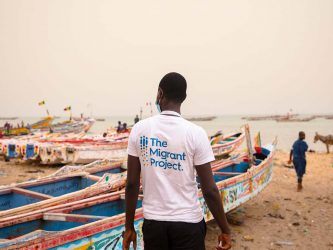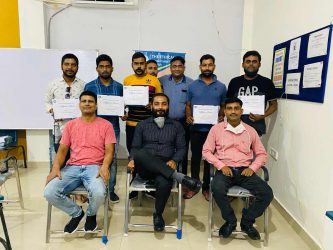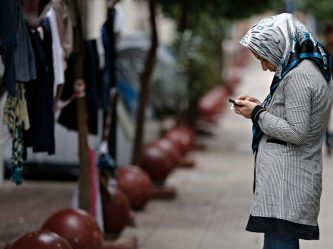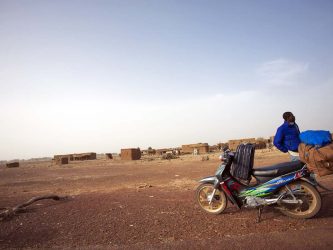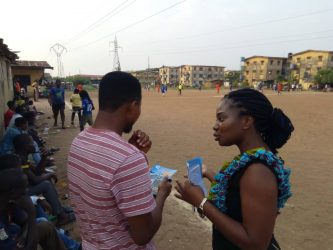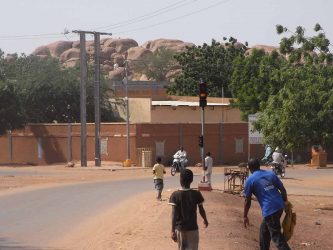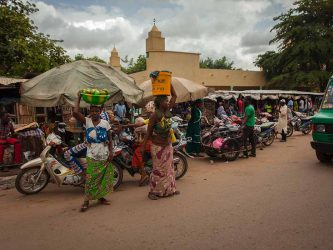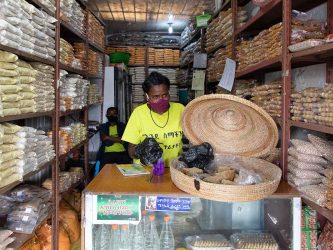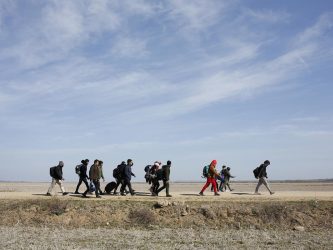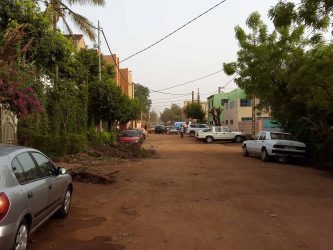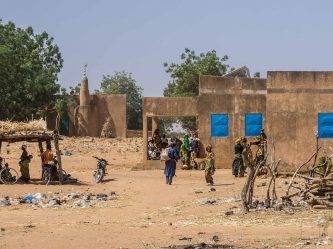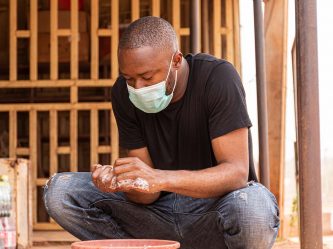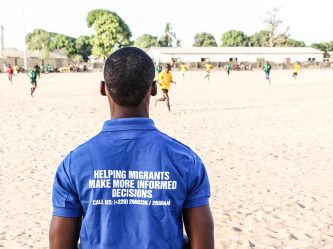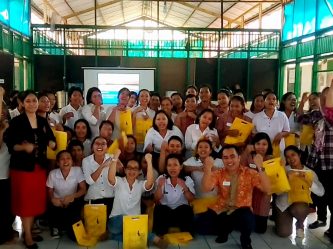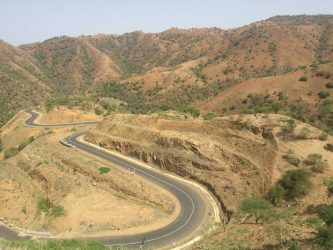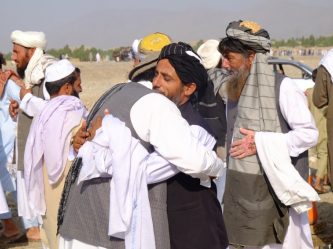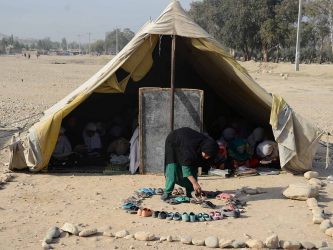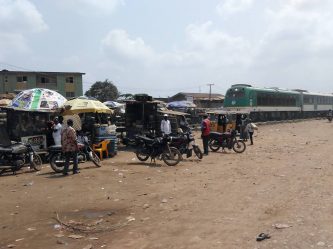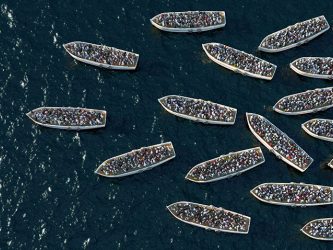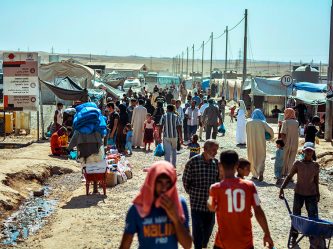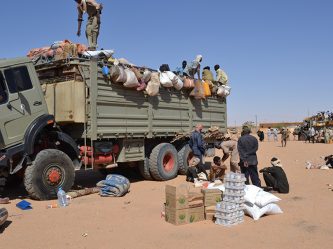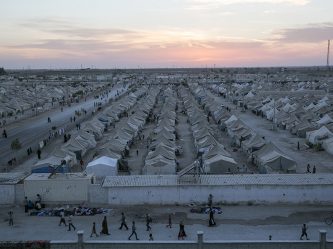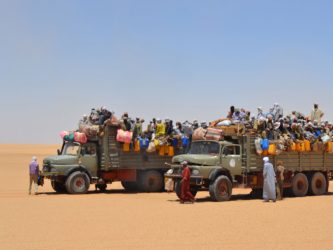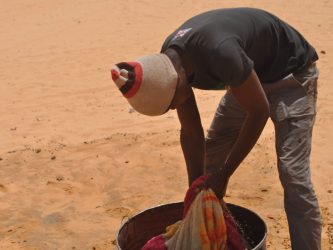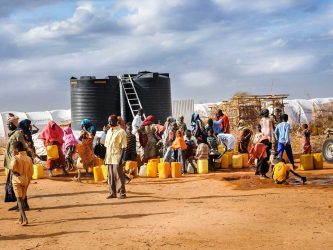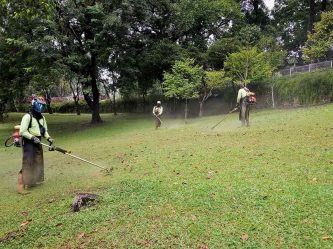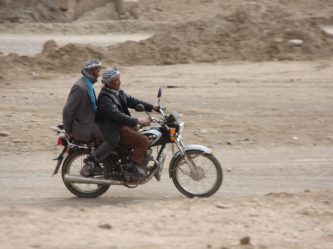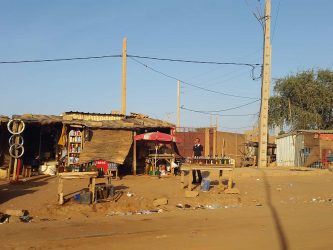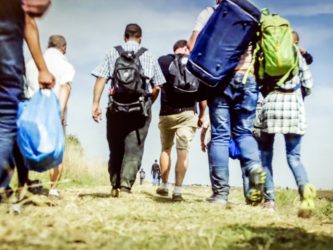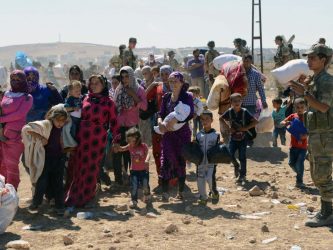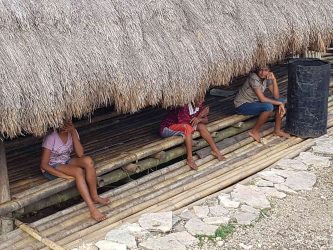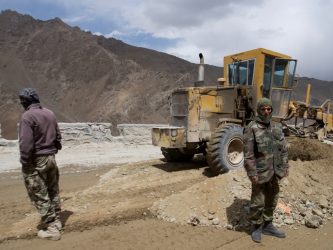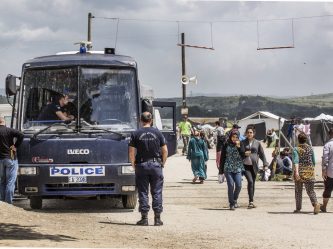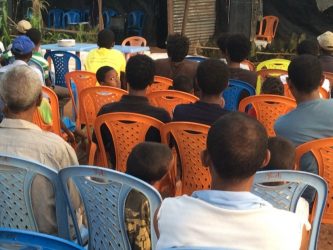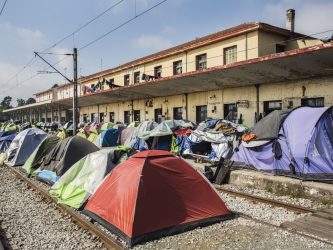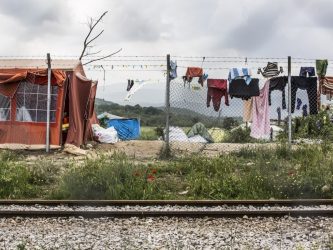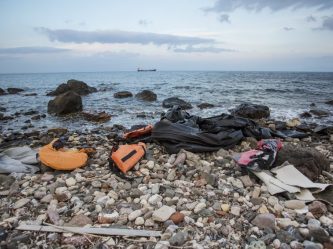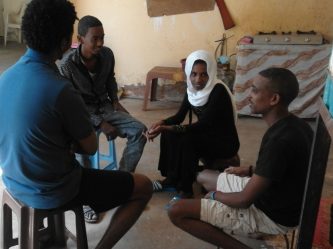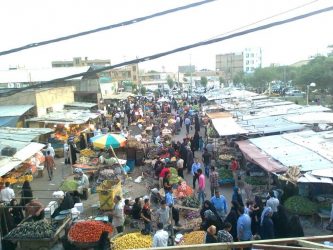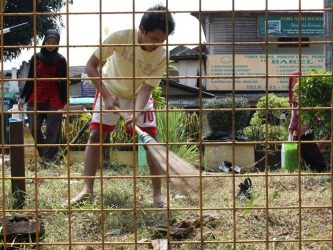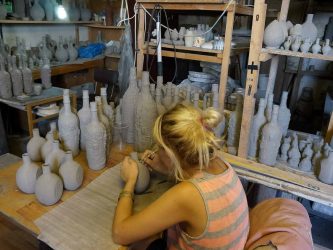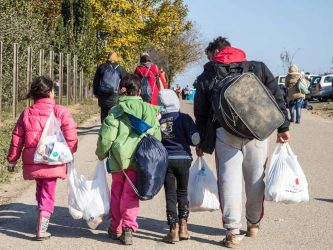Our Themes
Our areas of expertise are here.
Click to read more details.

Matters of public health are more relevant than ever
Public health can determine the future of entire populations, significantly limiting or expanding opportunities for communities. Aspects of public health, such as access to health care and understanding health information, can shape the way people think and behave in a variety of ways.
Many people around the world are currently more at risk of contracting COVID-19 and other illnesses due to a lack of clear, consistent prevention messaging or lack of trust in official communications. Vaccine misinformation has seriously affected vaccination rates in recent decades, fueling outbreaks of various vaccine-preventable diseases and increasing the potential for global public health crises. Innovation in public health communication is critical to address the changing needs for an ever more complex world.
It is particularly vital to understand how matters of public health have impacted the perceptions and plans of vulnerable populations. Seefar has published cutting edge research on the impacts of COVID-19 on migrant intentions and vulnerabilities in both sending and transit countries to provide insights into how the pandemic has shaped people in movement. Seefar has also led community driven behaviour change campaigns in order to raise awareness of practices that people can adopt to reduce their risk of contracting COVID-19 in West Africa.
For example, our campaign in Nigeria achieved behaviour change rates of 97% in communities where myths about the virus dominated the narrative. Additionally, Seefar has been at the forefront of developing technological solutions to health problems faced by vulnerable groups. For example, our Pregnancy Partner app launched in 2020 in Indonesia seeks to provide families undergoing pregnancies that have struggled to access healthcare with reliable information about the baby and mother. This app helped to educate parents whilst also gathering insights on public health trends in Indonesia.
Here are some examples of how we deploy our expertise in relation to public health:
- Cutting-edge research on the impact of COVID-19 on migrant intentions and human trafficking in Benin City, Nigeria
- Innovative studies to explore the impact of COVID-19 on the vulnerabilities of migrants on the Central Mediterranean Route
- Behaviour change campaigns on COVID-19 community prevention measures in Nigeria that saw success rates of 97% within communities where disinformation regarding the virus was dominant
- Technological innovations such as the Pregnancy Partner app which assists pregnant mothers in Indonesia with restricted access to health care
More from Seefar
New research: How Seefar’s ethical recruitment services are protecting migrants Read More »
Exploring migrants’ trust in humanitarian organisations Read More »
Exploration de la confiance accordée aux organisations humanitaires par les migrants Read More »
COVID-19, migration intentions and human trafficking in Benin City, Nigeria Read More »
Comprendre les relations entre les communautés locales et les migrants à Gao et Agadez Read More »
Understanding Relations between Local Communities and Transit Migrants in Gao and Agadez Read More »
Over half of irregular migrants consulted in Mali choose safer migration options Read More »
COVID-19 preventative behaviour change campaign pilot in Ethiopia Read More »
Campaign to inform migrant decision making in Afghanistan Read More »
Accéder aux migrants les plus vulnérables à Ouagadougou et Agadez Read More »
Accessing the Most Vulnerable Migrants in Ouagadougou and Agadez Read More »
Seefar in West Africa: mission-driven and innovative with a sustained impact Read More »
Using Machine Learning to build an Asylum Coalition Index Read More »
Understanding forced labour amongst migrant domestic workers in Asia Read More »
Supporting the choices of irregular child migrants Read More »
Distant Dreams: Understanding the aspirations of Afghan returnees Read More »
Examining Return and Reintegration in Afghanistan: Why Psychosocial Interventions Matter Read More »
Windows of opportunity: Iranian irregular migration and return 2014-2016 Read More »
Understanding how irregular migration dynamics and attitudes are evolving in Afghanistan Read More »
How West African migrants engage with migration information en route to Europe Read More »
Large-scale research into mixed migration in Libya Read More »
Return, Stay, or Migrate? Understanding the Aspirations of Syrian Refugees in Turkey Read More »
Zuara: a Formula for Change in Libya? Libyan Perspectives on the Migrant Crisis Read More »
Helping low-skilled migrant workers benefit more from their employment Read More »
Skunk Works: Finding ways to solve the big issues of Migration Read More »
Combating migrant smuggling and human trafficking in Mali and Niger Read More »
Helping migrant domestic workers in Indonesia benefit more from their Employment Read More »
Where next for migration and development in Afghanistan? Read More »
Why Migration Issues are Difficult for Aid Agencies Read More »
Survey Cost Calculator: a new tool to expand research horizons Read More »
Measuring International Migration: The Real Picture Of Forced Displacement Read More »
Irregular Migration from Iran to the European Union Read More »
Going West: Where’s the Evidence behind EU Policy on Illegal Migration? Read More »
Large Scale Research on Modern Slavery in East Asia Read More »
Innovative Research on Migrant Smuggling to Europe Read More »
Iranian Refugees: Irregular Migration to Australia Read More »
Immigration and Welfare States: Migrants as Welfare Providers in Belgium Read More »
Migration Research: Modern Slavery in Southeast Asia Read More »
Diaspora Engagement in Development – the Role of Refugees Read More »
Women’s Empowerment in Georgia: Financial Inclusion from Below Read More »
What Happens Before Migrants Get on Boats to Europe? Read More »
Syrian Refugees: A Rare Intensity of Displacement Read More »


